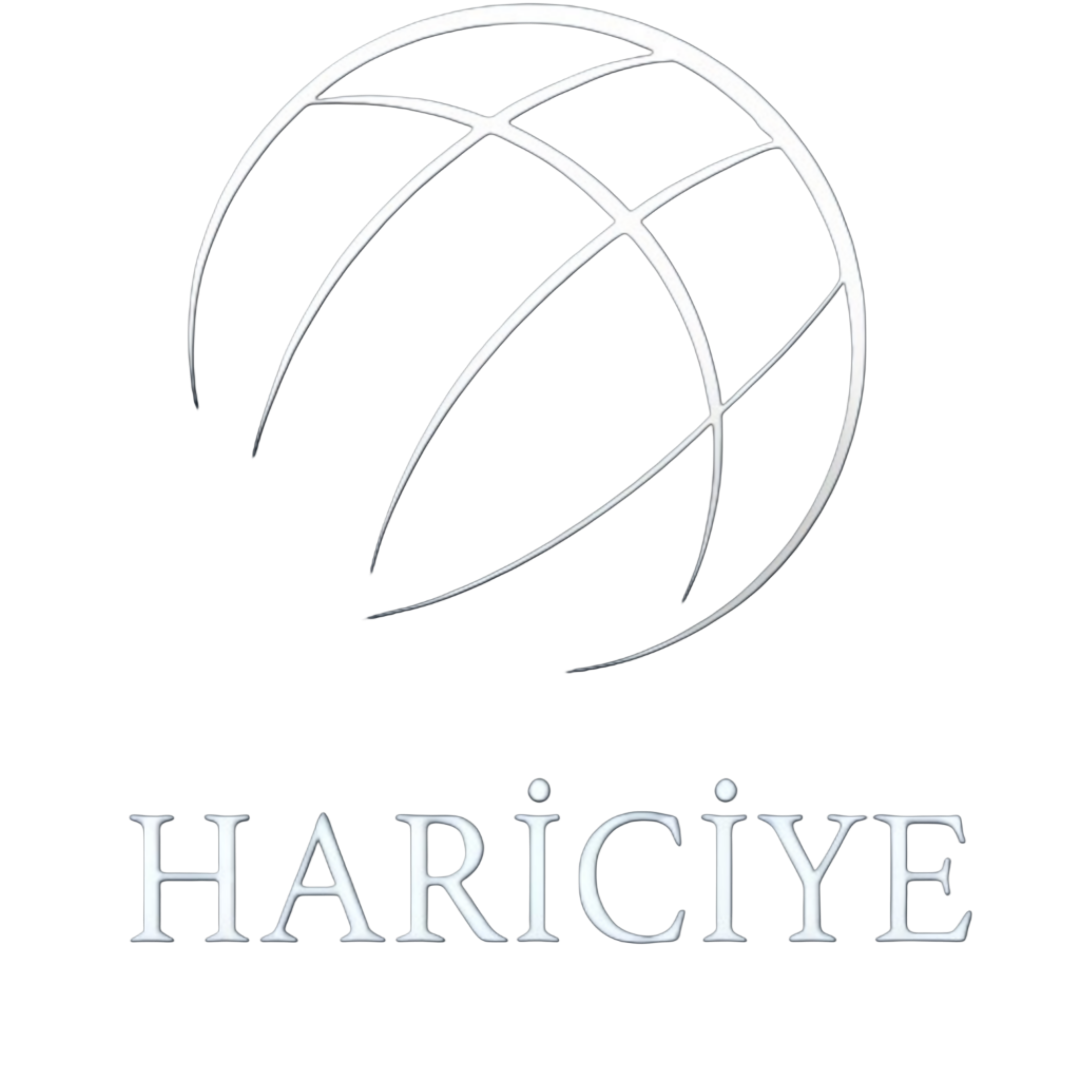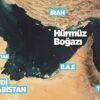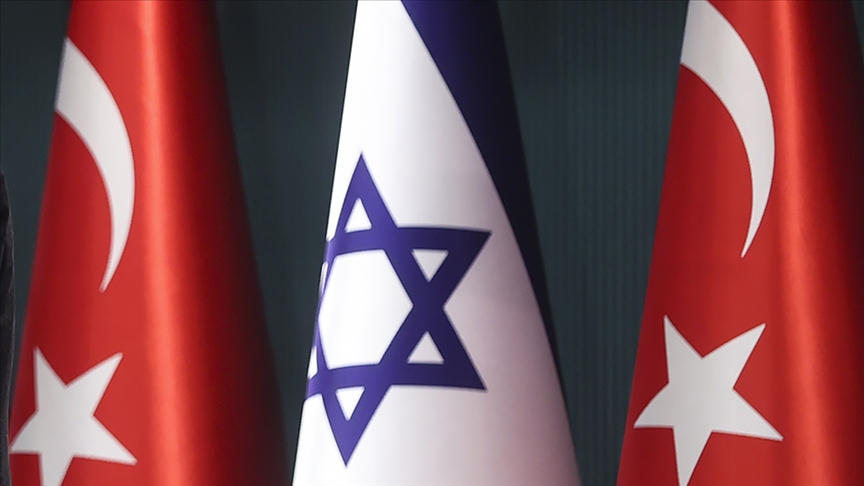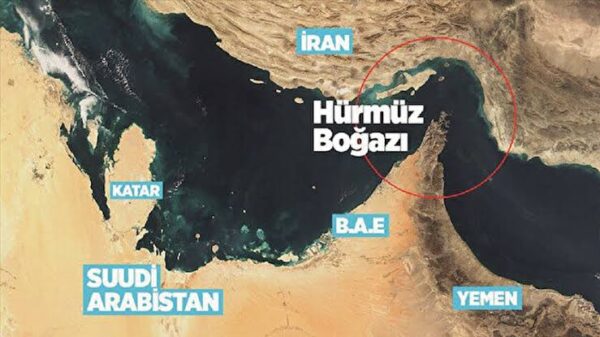Introduction
France and Algeria are facing their worst diplomatic crisis since Algeria became independent. Tensions have grown in recent years because France backed Morocco’s plan for Western Sahara, Algeria refused to take back citizens ordered to leave France, and a dispute erupted over the attempted kidnapping of Algerian dissident Amir Boukhors in France. In August 2025, France introduced strict visa limits for Algerian citizens, and Algeria responded by ending special property rights for France and rejecting old agreements. This article aims to evaluate the diplomatic crisis between France and Algeria in terms of colonial past, security, migration policies, economic and energy policies.
Historical background
Relations between France and Algeria date back nearly five centuries, including early contacts between the Ottoman-ruled Algerian Regency and France, as well as conflicts in the Mediterranean in the 17th century. After three centuries of Ottoman rule, France began colonizing the country in 1830, and by the mid-19th century, Algeria had become one of the “French départements” governed from Paris. Following this development, immigrants from mainland France, the “Pieds-Noirs,” began settling in the region.
French governance in the country brought deep injustice and repression. The brutal massacres of May 1945 in Sétif, Guelma, and Kherrata—where thousands of Algerians were killed after independence demonstrations—radicalized nationalist sentiment and sowed the seeds for a violent liberation struggle.
Algeria waged ferocious and bloody War of Independence that lasted 8 years between 1954–1962. Both sides suffered heavily. The conflict culminated in the Évian Accords of March 18, 1962, which established a ceasefire and organized a referendum. The July 1 referendum saw over 99% vote for independence, which France formally recognized on July 3, 1962.
After independence, ties were ambivalent. Initially, economic links, aid, and French personnel remained central to Algeria’s development. But by the late 1960s and 1970s, Algeria began asserting sovereignty, nationalizing resources and distancing from former colonial influence.
Throughout the decades, relations swung between cooperation and tension. Cultural links via language, migration, and shared history endured, as well as deep-seated wounds stemming from colonial rule and war.
The Crisis in 2024
The worst downturn between Algeria and France relations since Algerian independence in 1962 began in July 2024, when President Macron recognized Moroccan sovereignty over Western Sahara – located on the north-west coast of Africa – which is an issue central to Algerian foreign policy and has been disputed for decades. Formerly a Spanish colony, it is now mostly controlled by Morocco, while the Algerian-backed Polisario Front controls part of it. The Polisario claims to represent the Sahrawi people and seeks full independence.
The colonial ruler of both Morocco and Algeria, France decided to endorse Morocco’s autonomy plan for the territory, joining countries such as Spain, the United States, and Israel in supporting
Following the France policy, Algeria responded immediately by recalling its ambassador from Paris and cancelling President Tebboune’s planned visit.
Tensions escalated further in November 2024 when Algerian dissident author Boualem Sansal—recently granted French citizenship—was arrested in Algiers and later sentenced to five years in prison. His case sparked international outcry and deepened bilateral mistrust.
In April 2025, the kidnapping of another Algerian dissident “tiktok” influencer Amir Boukhors in France prompted major diplomatic fallout: France indicted a consular official in the case, and Algeria expelled 12 French diplomats. Paris retaliated by expelling 12 Algerian diplomats and recalling its ambassador for consultations.
By May 2025, the feud intensified again: Algeria ordered the expulsion of 15 additional French diplomats, citing breaches of diplomatic protocols. Paris responded in kind.
Another flashpoint emerged in June 2025, when French freelancer sports journalist Christophe Gleizes was arrested in Algeria sentenced by an Algerian court to seven years in prison on charges including “glorifying terrorism.” The conviction generated fresh condemnation from French media and human rights groups.
By August 2025, President Macron further escalated the dispute. He moved to suspend the 2013 visa exemption agreement for holders of diplomatic and official Algerian passports, requesting that Schengen partners assist in implementing stricter visa controls. Macron framed this as necessary for restoring respect and security. Algeria denounced the move as coercive and vowed reciprocal measures, formally cancelling the visa agreement and ending privileged property arrangements offered to the French Embassy.
Regional Security
France and Algeria’s rift is fueled by sharply different views on how to ensure security in their shared neighborhood. For decades, France has portrayed itself as a leading security provider in the Sahel, conducting major military operations such as Operation Serval in Mali (2013) and Operation Barkhane (2014–2022) against jihadist groups. While Paris argued these interventions were vital to regional stability, Algiers—committed to its constitutional principle of non-interventionism—consistently opposed the permanent stationing of foreign troops in Africa. Algeria has instead favored political dialogue, regional mediation, and African Union–led solutions, often refusing to participate in French-backed coalitions.
This policy gap widened after France’s withdrawal from Mali in 2022 and its strained relations with several Sahel governments. Algiers sought to expand its diplomatic footprint, positioning itself as a neutral mediator in Mali, Libya, and Niger, while resisting French calls for a renewed multinational military presence. Paris, in turn, viewed Algeria’s stance as undermining coordinated counterterrorism efforts.
At the same time, Algeria’s closer ties with Russia, China, and Turkey have added new layers to the friction. In 2022–2024, Algeria signed significant arms and energy cooperation deals with Moscow, deepened infrastructure and trade partnerships with Beijing under the Belt and Road Initiative, and expanded defense industry cooperation with Ankara. To French policymakers, these moves signaled a strategic pivot away from Western security and economic frameworks, potentially reducing Paris’s influence in North Africa.
The rivalry between Algeria and Morocco—France’s long-standing ally—has further poisoned the atmosphere. Their dispute over Western Sahara has repeatedly derailed Maghreb integration and spilled into France–Algeria relations. When France in 2024 publicly endorsed Morocco’s autonomy plan for the territory, Algeria responded with diplomatic protests, ambassador recalls, and a cooling of bilateral cooperation.
Economic Dimension
The current conflict, started with recognition of Morocco’s plan for Western Sahara, affects economic relations and migrations policies and has already spreaded to practical matters: visa restrictions, deportations, and the daily life of millions with links on both sides. Both countries blame each other for worsening the conflict, while economic relations and migration policies are reshaped.
Economically, ties are strong but uneven. While France is still a major investor and trade partner; Algeria is an important energy supplier and market with long cultural and business links to France. Sanction-like steps—such as visa restrictions and weaker diplomatic ties—will probably damage businesses and investments on both sides. Algerian media underscores the end of “special” treatment and a more business-only approach, showing Algeria is ready to take back benefits, it once gave to French bodies. These policies could lead to a more challenging economic environment for both countries.
Energy Security
Energy is very significant factor in the relations not only between the two countries but also for the European continent. Algeria has the tenth-largest proven natural gas reserves globally, is the world’s fourth-largest gas exporter, and has the world’s third-largest untapped shale gas resources. In this sense, Algeria becomes crucial for Europe aiming to diversify gas supplies after Russia-Ukrainian war, given the country is the EU’s third-largest gas supplier after Norway and Russia. Prolonged tensions with France—one of its key trade partners—can disrupt investment in energy infrastructure, complicate supply agreements, and make Europe’s diversification away from Russian gas harder.
In addition to these developments, new players such as China, Russia, and Turkey have begun to enter Algeria not only in fossil fuels but also in renewable energy investments. The possibility of these actors increasing their activities in the country, especially at this time, could lead to worrying developments for France.
Instrumentalisation of Migration Policies
The migration dimension is the crisis driver and accelerating. European governments are already facing a challenge of irregular migration and immigrants becoming a tool in internal politics and elections rallies. Fuelled also by internal political aspirations, in February 2025, giving Algiers four to six weeks to accept an “urgent list” of Algerian nationals planned to be deported from France, Paris publicly threatened to review or even revoke its 1968 migration agreement with Algeria, which has facilitated the settlement of Algerians in France. This was a key turning point: what began as a technical dispute over things like issuing travel documents and confirming identities became a major political issue linked to visas for Algerian officials. Attitude of France was very demanding – accept the return of your nationals or face wider consequences- followed by Algeria’s accusation of France of breaking diplomatic rules. From then on, migration cooperation was no longer a shared problem to solve but a bargaining tool.
The effects of the dispute have become immediate. Families waiting on reunification face longer timelines; students and researchers encounter more rejections or procedural uncertainty; firms cannot move staff as planned. Algerian authorities, for their part, have signaled a tougher line on migration more generally. Every stalled readmission case becomes political ammunition; every denial letter for a visa fuels grievance narratives in both countries.
While France and Algeria exchange threats over visas and restrict family reunification by changing migration policies, it is important to recognize Algeria’s central role in controlling irregular migration from Sub-Saharan Africa to Europe. Its strategic value lies in its location next to major Saharan transit countries and in its interior, which contains important land routes and trafficking hubs used by economic migrants traveling north and east toward Libya and other destinations. Therefore, controlling the flow of migrants to Europe may become even more difficult. if weaponization of the migration policies between the two countries spread over the policies on irregular migration stemming from Sub-Saharan Africa.
Why does France and Algeria crisis matter?
The France–Algeria crisis is not just another diplomatic dispute—it is the product of decades of historical grievances, competing regional policies, and shifting global alignments. Economic ties, while still important, can no longer protect the relationship from political shocks. Migration has moved from a shared management challenge to a tool of pressure, directly affecting citizens and businesses on both sides. Security cooperation is weakened by deep differences in approach, amplified by the Western Sahara dispute and Algeria’s growing ties with non-Western powers.
Unless both sides take small but concrete steps—restoring consular dialogue, keeping diplomatic channels open, and separating sensitive cases from political bargaining—the relationship will remain fragile and prone to sudden escalations. In an interconnected world, this fragility has consequences far beyond the Mediterranean, touching Europe’s migration flows, energy security, and regional stability in North Africa and the Sahel.
This crisis tests the resilience of France–Algeria relations and highlights how former colonial powers and independent states struggle with their shared past in a changing global order. Most notably, it demonstrates how migration rules, visa regimes, and economic policies, which are policies that directly affect the daily lives of ordinary people, can be weaponized for political motivated agenda.
Sources:
https://www.aljazeera.com/news/2025/5/1/why-is-algeria-unhappy-with-france
https://www.aljazeera.com/amp/news/2025/5/1/why-is-algeria-unhappy-with-france
https://www.middleeasteye.net/news/france-algeria-most-serious-diplomatic-crisis-end-colonial-rule











